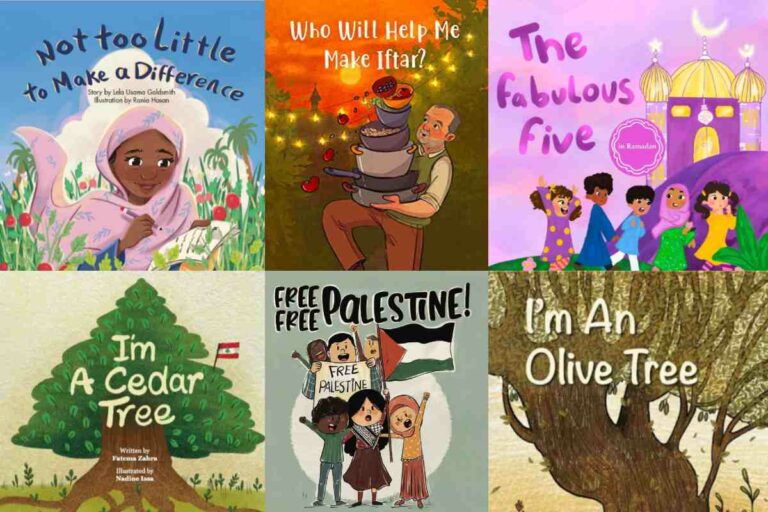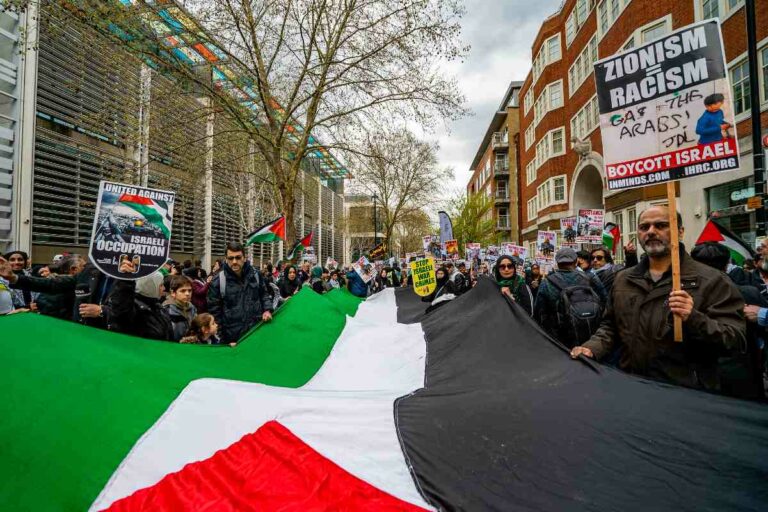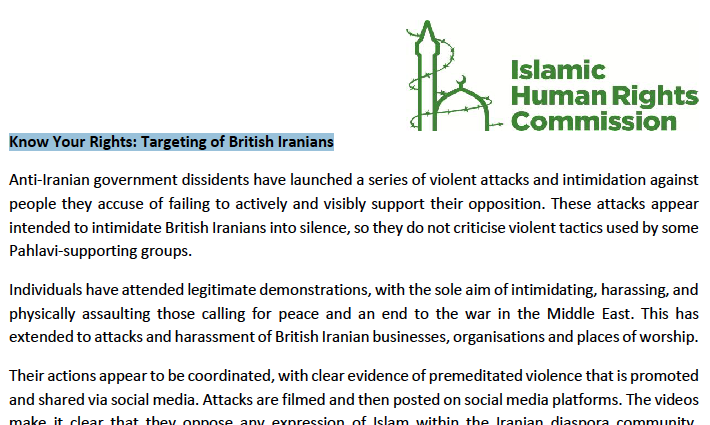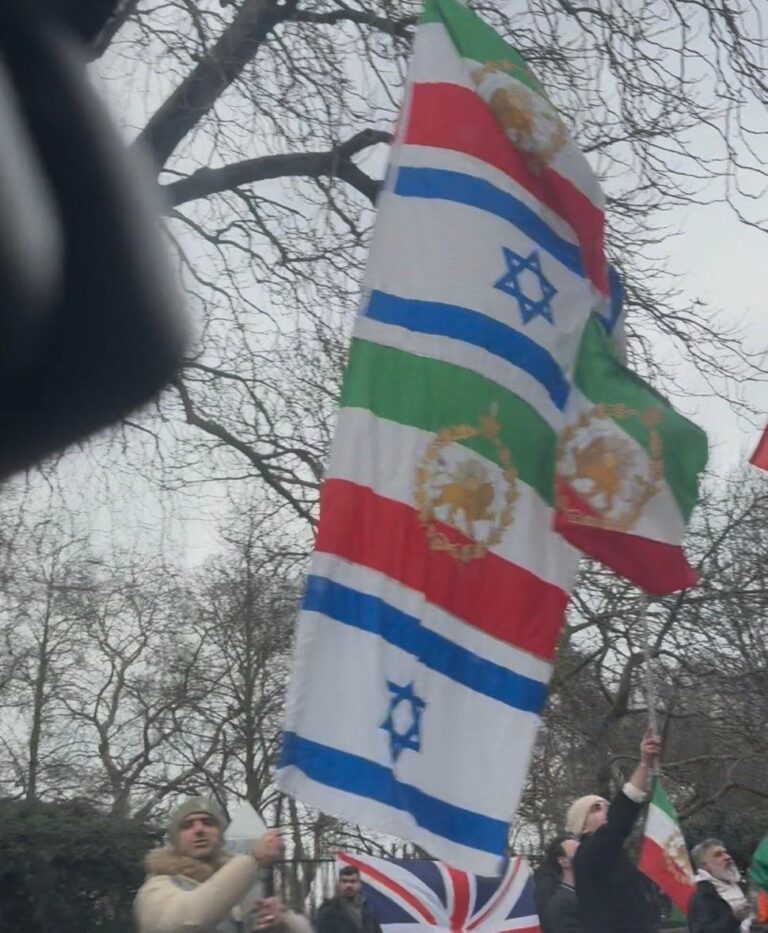September has been marked by events that profoundly shaped global politics, often through violence and repression. 11 September resonates in Latin America, as it marks 52 year since the US-backed coup in Chile that toppled President Salvador Allende, Latin America’s first democratically elected leader, ushering in Augusto Pinochet’s dictatorship. Other dark September anniversaries include the murder of Steve Biko on 12 September 1977, a martyr of South Africa’s anti-apartheid struggle, and the Sabra and Shatila massacre of 1982, when thousands of Palestinian refugees were slaughtered under Israeli military oversight.
On the other hand, September also gave birth to figures of resistance who reshaped their nations and inspired broader liberation movements. On 21 September 1909, Kwame Nkrumah of Ghana was born, later becoming the first president of an independent Ghana and a leading voice of Pan-Africanism. On 24 September 1902, Ayatollah Ruhollah Khomeini was born in Iran; he would lead the 1979 revolution, overthrow the Shah, and establish the Islamic Republic with its distinctive blend of state-led economic control and Islamic principles. Together, these anniversaries reflect September’s dual legacy: a month of both state violence and the birth of revolutionary leadership.
THROWBACK: Author Evening with Aaron Winter & Aurelien Monden – Reactionary Democracy
On 18 January 2021, IHRC hosted an online author evening with Aaron Winter and Aurelien Mondon for their book ‘Reactionary Democracy: How Racism and the Populist Far Right Became Mainstream‘.
Dr Aaron Winter is a Senior Lecturer in Sociology (Race and Anti-Racism) and Director of the Centre for Alternatives to Social and Economic Inequalities (CASEI). His research is on the far right with a focus on racism, historical change, mainstreaming, terrorism and counterterrorism. Dr Aurelien Mondon is a Senior Lecturer in politics at the University of Bath. His research focuses predominantly on the impact of racism and populism on liberal democracies and the mainstreaming of far-right politics through elite discourse.
Click below to see the recording of the event.
Why not purchase the following books available at IHRC Bookshop? All profits go to charitable causes.
The West African National Secretariat (WANS), founded in 1945 by Kwame Nkrumah and colleagues in London and France, was a pioneering Pan-Africanist movement that campaigned for independence and unity across West Africa. Although little remembered today, WANS helped lay the groundwork for regional cooperation and decolonisation.
When Nkrumah returned to the Gold Coast in 1947, the colonial government accused him of communism and blamed him for the 1948 riots, leading to his imprisonment. Drawing on newly released MI5 files, historian Marika Sherwood reveals how Britain, France, and the United States colluded to suppress nationalist movements by branding them as communist threats. Plans for a major unity conference in Lagos in 1948 were closely monitored and obstructed. Sherwood argues that this strategy marked the beginning of the Cold War in West Africa, as Western powers sought to contain independence struggles. Her work restores WANS to its place in the region’s history.
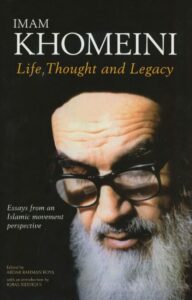 Imam Khomeini: Life, Thought and Legacy
Imam Khomeini: Life, Thought and Legacy
Who exactly was the man behind the Islamic Revolution of 1979?
This hardcover book brings together essays by Muslim thinkers and activists from around the world to decipher the man behind the popular media images. In doing so, it contextualises his achievement in terms of contemporary Islamic history and considers the implications of this work for all Muslims in and around the region.
Contributors include thinkers such as Yusuf Progler, Kalim Siddiqui, Hamid Algar and Ghada M. Ramahi.
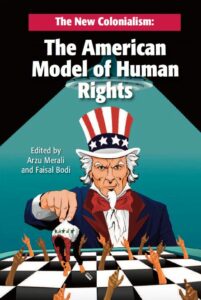 The New Colonialism: the American Model of Human Rights – Edited by Arzu Merali & Faisal Bodi
The New Colonialism: the American Model of Human Rights – Edited by Arzu Merali & Faisal Bodi
Based on IHRC’s conference of the same name, this book presents nine contributions from scholar-activists looking at how human rights as theory and practice have been co-opted by the US as part of a brutal, racist and colonial foreign and domestic policy. This book is a must-read for anyone concerned not just with US double standards but also the adulteration of the ideals of human rights as transformative discourse.
With papers from Saied R. Ameli, Laurens de Rooij, Mary K. Ryan, Saeed A. Khan, Tasneem Chopra, Sandew Hira, Ramon Grosfoguel, Rajeesh Kumar and Sohail Daulatzai.
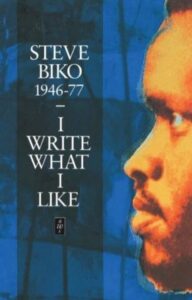 I Write What I Like – Steve Biko 1946-77
I Write What I Like – Steve Biko 1946-77
On 12th September 1977, Steve Biko was murdered in his prison cell. He was only 31, but his vision and charisma – captured in this collection of his work – had already transformed the agenda of South African politics. This book covers the basic philosophy of black consciousness, Bantustans, African culture, the institutional church and Western involvement in apartheid.
Biko argues that the most powerful weapon of the oppressor is the mind of the oppressed, and that true liberation begins with psychological freedom and pride in Black identity. He calls for Black South Africans to reject internalised racism, unite in solidarity, and assert control over their own political, cultural, and social destiny.
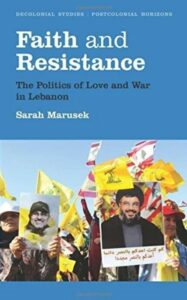 Faith and Resistance: The Politics of Love and War in Lebanon – Sarah Marusek
Faith and Resistance: The Politics of Love and War in Lebanon – Sarah Marusek
What kind of decolonial possibilities exist in today’s world? Exploring the rise of Islamic activism in Lebanon and the Middle East, and drawing transnational parallels with other revolutionary religious struggles in Latin America and South Africa, Sarah Marusek offers a timely analysis of the social and political evolution of Islamic movements. The growing popularity of Islamic movements means that many groups, which emerged in opposition to Western imperialism, are now also gaining increasing economic and political powers. Based on more than two and a half years of ethnographic fieldwork in Lebanon, Marusek paints a picture of how resistance is lived and reproduced in daily lives, tracing the evolution of the ideas and practices of the charities affiliated with Hizbullah and the wider Islamic resistance movement. Adopting a dialectical approach, Faith and Resistance discusses the possibility for resistance groups to reconcile acquiring power with their decolonial aspirations. In doing so, the book acts as a guide for liberation struggles and those engaged in resistance the world over.

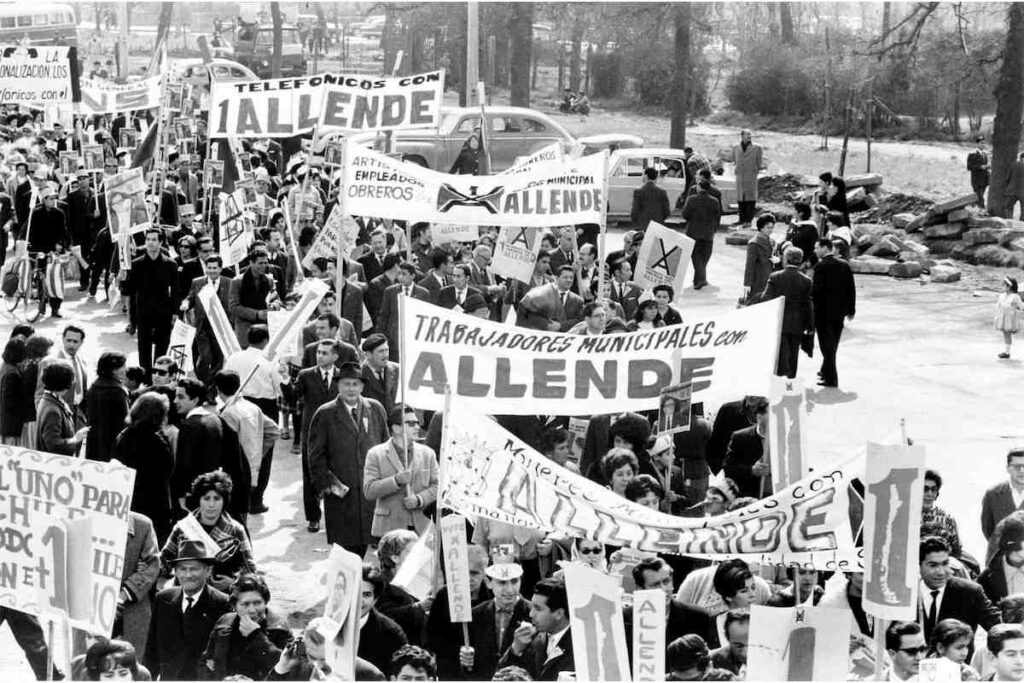
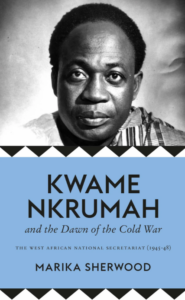 Kwame Nkrumah and the Dawn of the Cold War: The West African National Secretariat, 1945-48 – Marika Sherwood
Kwame Nkrumah and the Dawn of the Cold War: The West African National Secretariat, 1945-48 – Marika Sherwood
